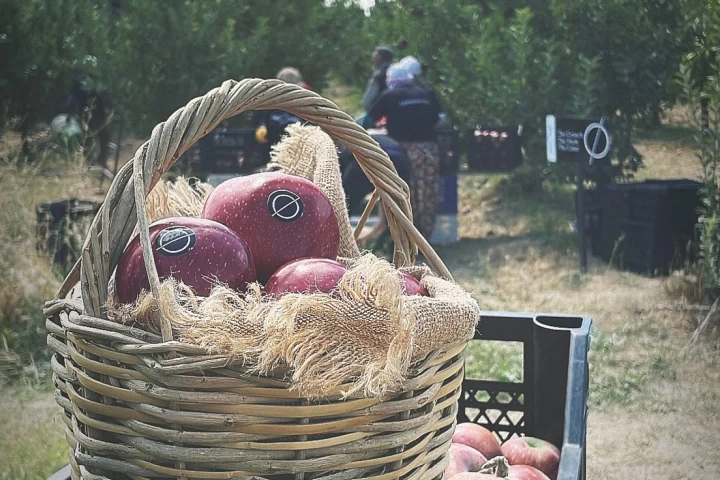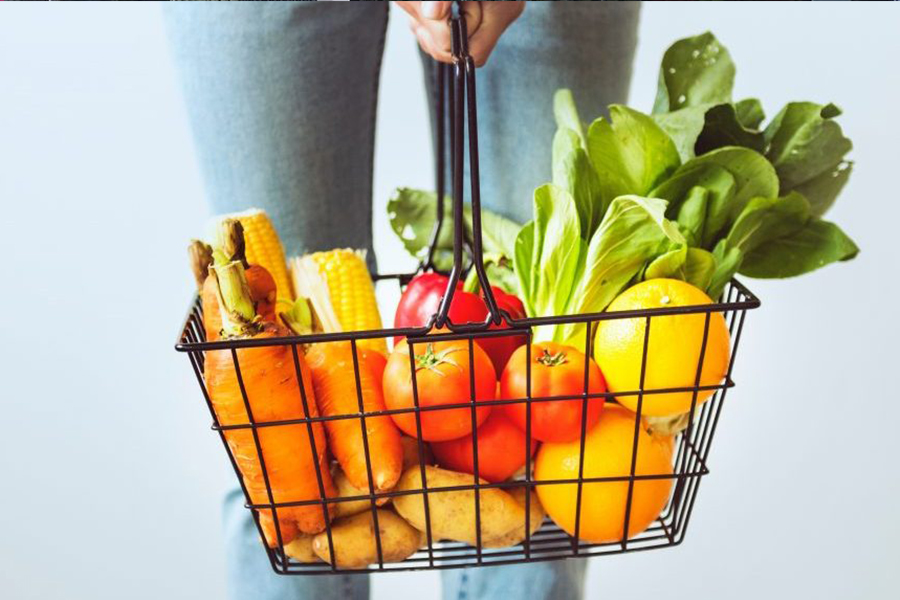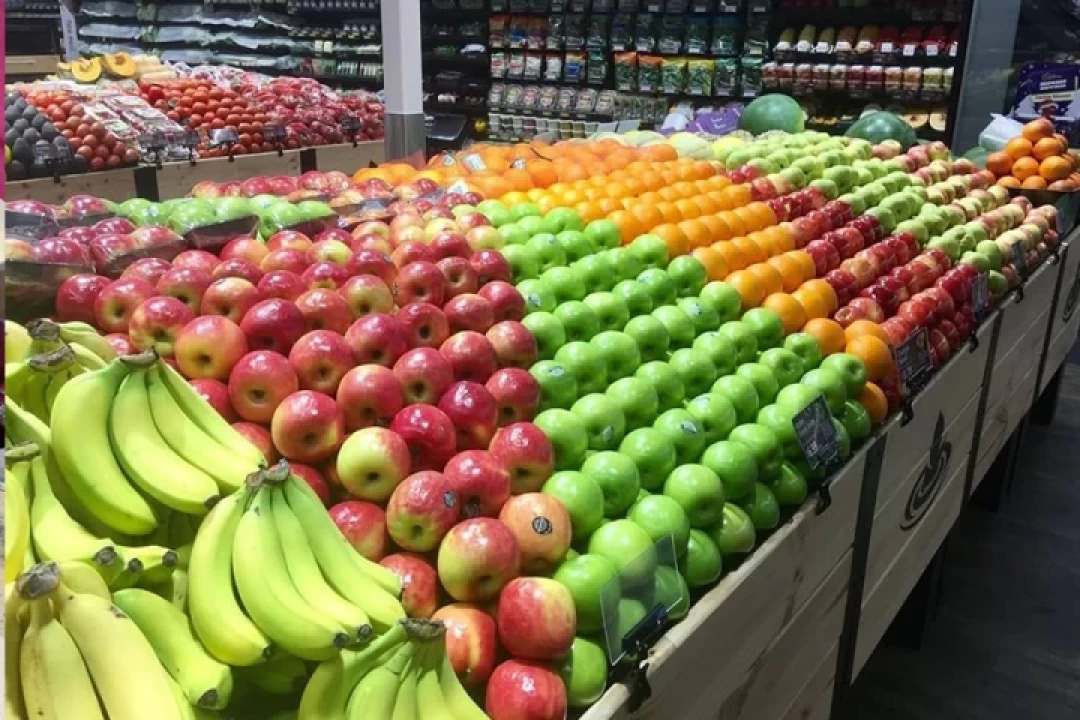
Turkey's apple exports between August 2020 and July 2021 increased by 47% compared to the previous season and reached the level of 298,000 tons.
According to Andriy Yarmak, an economist at the UN Food and Agriculture Organization (FAO) Investment Center, global trade in the fresh apple market has stagnated for about six to seven years but is also declining at an annual rate of 1%.
This means that countries that increase their exports keep other exporters away from the market. All of this not only puts pressure on apple prices in the average and low-quality segments but also affects the incomes of the growers. Unaffected by this negative picture, Turkey also plans to expand its apple export market.
Apple exporting countries from the EU did not perceive Turkey and Iran as serious competitors in the past. However, these rivals have begun to influence apple exporters in the EU. Turkish apples can even compete with apples from the USA in the Indian market.
India, one of the key markets in the apple sales of the United States, imported a record 68,000 tons of apples from Turkey in the 2020/21 season. These developments have made India the number 1 market for Turkish apples.
Last season, Turkey broke a new record by exporting 60,000 tons of apples to the Russian market. Exporting a maximum of 3,000 tons of apples to the Russian market five years ago, Turkey has increased its apple exports to the Russian market 20 times with this performance. Meanwhile, when Turkey increased its apple exports to Russia by 51% last season, Moldova, which experienced one of the lowest apple harvests in recent years, could not sell all its apples in its warehouses. Turkey sold 20,000 tons more apples to Russia during this period, while Moldova sold 72,000 tons fewer apples.
According to Andriy Yarmak, despite Moldova's logistical advantages to Russia, Turkey loses its share in this market in terms of quality and variety selection. Turkey focuses on high-quality and internationally accepted varieties in the Russian apple market and markets these products. On the other hand, Moldova continues to market its products with varieties that do not encourage quality, processing, and packaging and are not promising.
Middle East countries are the most important market for Turkish apples after India and Russia. Turkish apples compete seriously with those from EU countries and Ukraine in the Middle East market. Recently, the supply of Turkish apples in low-income countries such as Syria, Iraq, and Libya has increased, while its supply in richer countries such as the UAE, Saudi Arabia, and Kuwait has decreased.
Apart from these, Malaysia has become an essential market for Turkish apples in recent years. Last season, Turkey's apple exports to Malaysia, which is an important apple export market for Ukraine, increased by 66%.


